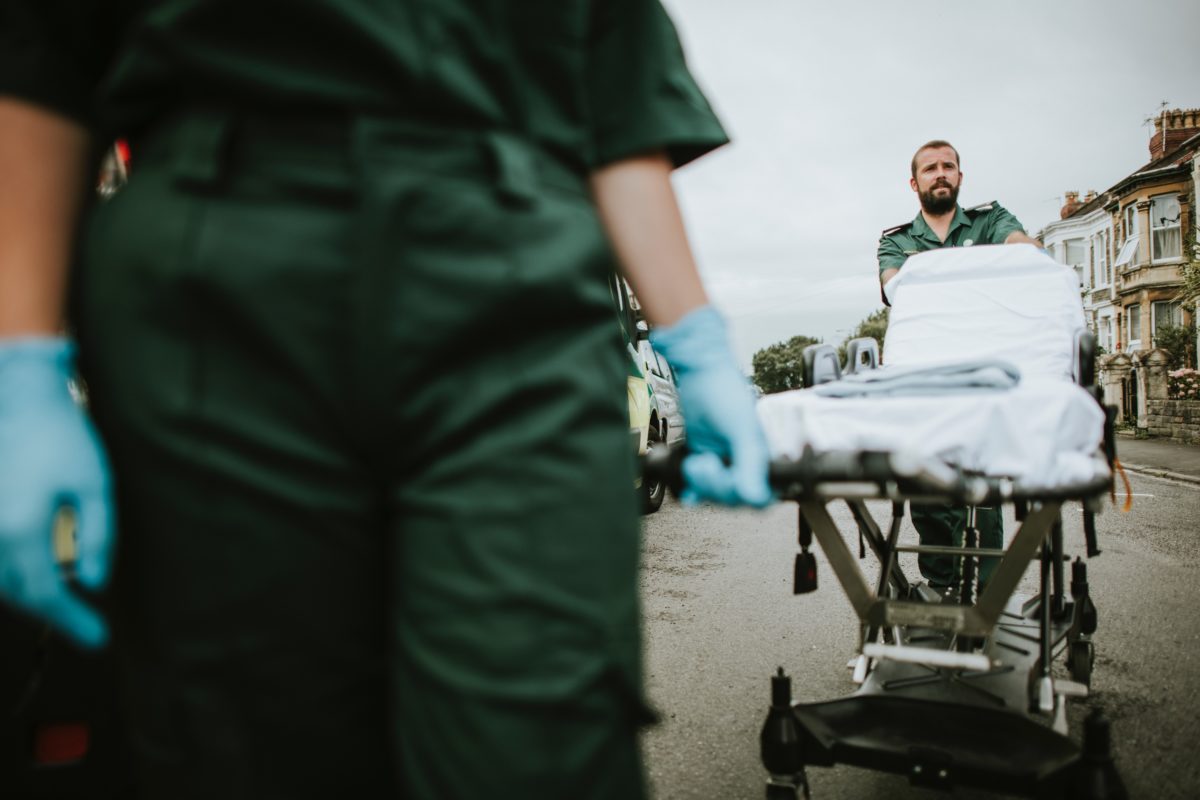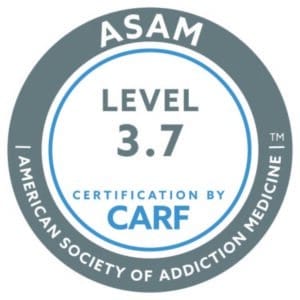Fentanyl is an extremely potent and addictive drug. Most fentanyl users are at high risk of overdose and mental health issues, as well as accompanying problems such as incarceration or homelessness. An overdose of fentanyl, like all opioids, may be fatal. But fentanyl overdoses are both more likely and more dangerous when it comes to overdose and risk. Over the past few years, fentanyl-related deaths have increased five-fold. There is a list of the scares and dangers of fentanyl and we want to clear things up to make people more aware.
Here’s what to know about fentanyl and its effects:
What is Fentanyl?
Fentanyl is a synthetic version of the opioid, morphine. Like other synthetics, fentanyl is much more potent than its natural counterparts and therefore has a high risk of addiction. Fentanyl originated as a prescription drug used to treat severe or chronic pain, as a pre-or post-surgical medication. It was also used as a last resort for patients who are tolerant to other opioids.
Street versions of fentanyl are cheap and relatively easy to make by extracting it from fentanyl patches. Often cut with other substances, illegal street fentanyl produces a heroin-like effect — yet extremely more powerful. Both versions are 50 times more potent than heroin and 100 times more potent than morphine.
What Does Fentanyl Do to the Body?
Opioids disrupt the body’s pain–pleasure system. When the body is injured, pain signals throughout the brain alert you to this. However, the body has its own pain relief system in the form of endorphins, which bind to opioid receptors throughout the body. Opioids relieve pain by doing this as well. Dependency upon opioids means that the body’s own endorphin system will eventually be impaired. Moreover, opioids also have the effect of overproducing dopamine, leading to a feeling of bliss.
Opioids are central nervous system (CNS) depressants. Like alcohol, they slow the functioning of the brain and spinal cord, which in turn makes heart rate and blood pressure drop. Even worse, depressants slow down the respiratory system and therefore the whole breathing process. Over time, the lungs can become damaged. Users of fentanyl may also experience sleep apnea, which is when the body stops breathing on its own during sleep.
As the kidneys and liver attempt to remove the toxins from the body, they become overworked and can become damaged. In the case of an overdose, a condition called rhabdomyolysis may develop in which muscle breaks down and release proteins into the bloodstream. This situation can cause damage to the kidneys as they attempt to filter the blood.
Mental health also suffers, as fentanyl and other opioids can exacerbate depression and anxiety, or even cause it. Essentially, one’s natural pain-pleasure system is replaced by the dependency upon opioids, and the brain becomes unable to normally experience happiness or calm, or to reliably process stress.
How Does Fentanyl Cause Overdose?
Fentanyl and other opioids slow down the functioning of the central nervous system. In the case of an opioid overdose, respiration can slow to a near or total stop and prevent oxygen from reaching vital organs.
Fentanyl is often mixed with other substances, such as opioids or even cocaine, sometimes unbeknownst to the user. The effects on respiration stack, meaning that consuming only 0.25 milligrams of fentanyl can lead to overdose. In fact, the drug is so potent that even trace amounts can have a detrimental effect on users, as well as those who come into direct contact with them. The dangers of fentanyl are so strong that one does the size of a small pen-point can cause the risk of overdose.
In case of a fentanyl overdose, there is no time to waste. Paramedics and EMTs will administer multiple doses of naloxone, an opioid antagonist (meaning it counters the effects of opioids) that can save the person’s life. First responders are at risk of accidentally inhaling traces of the drug when treating users and must take special caution when fentanyl presence is suspected.

How is Fentanyl Addiction Treated?
Addiction to fentanyl is particularly hard to beat due to its severe withdrawal symptoms, which include:
- extreme pain and chills
- irritability
- gastrointestinal issues
- muscle spasms
- unbearable cravings.
Patients recovering from fentanyl abuse may be prescribed Lofexidine, a non-opioid that alleviates these symptoms. Other Medication-Assisted Treatments (MAT) may also be helpful during withdrawal and recovery.
It’s crucial to have full medical support during addiction treatment. Due to fentanyl’s potent nature, one cannot be tapered off it. The only way to quit is cold turkey with the help of a medical professional. However, medical detox professionals may administer less addictive prescription opioids such as buprenorphine and methadone to help bind to the brain’s opioid receptors and reduce cravings at first.
What’s Being Done to Stop Fentanyl Abuse?
As more forms of fentanyl have come on the market, the potential for illicit drug production and abuse has increased. One chief concern is that users purchasing other streets drugs may consume pills or powders that they don’t realize have traces of fentanyl. Accidental drug overdoses of fentanyl are increasingly common as more illicit drug makers sneak fentanyl into their recipes to reduce costs and get users more addicted.
Some organizations are distributing fentanyl test strips, but fentanyl is such a variable drug that the strips can only reliably test for six forms of it as of now. There have also been efforts to make the antidote, naloxone, widely available for civilians to have to administer to people experiencing the dangers of fentanyl overdose. Law enforcement has been increasing its efforts to track and confiscate fentanyl. To address secondary public health risks to opioid use, such as HIV, many organizations have rolled out needle exchange programs. One of the best methods is educating people on fentanyl’s risks and persistence in the street drug market.
Stay Safe and Know the Dangers of Fentanyl
Fentanyl is a volatile, dangerous, and yet widely common drug. Even its prescription form has the potential for abuse and addiction. It is extremely potent and can negatively affect both drug abusers and casual or one-time users, as well as first responders. While efforts to stop illicit distribution and regulate medical use are underway, education and prevention are the best methods of stopping the fentanyl crisis.
If you or a loved one needs help, call us at 949-625-4019.









